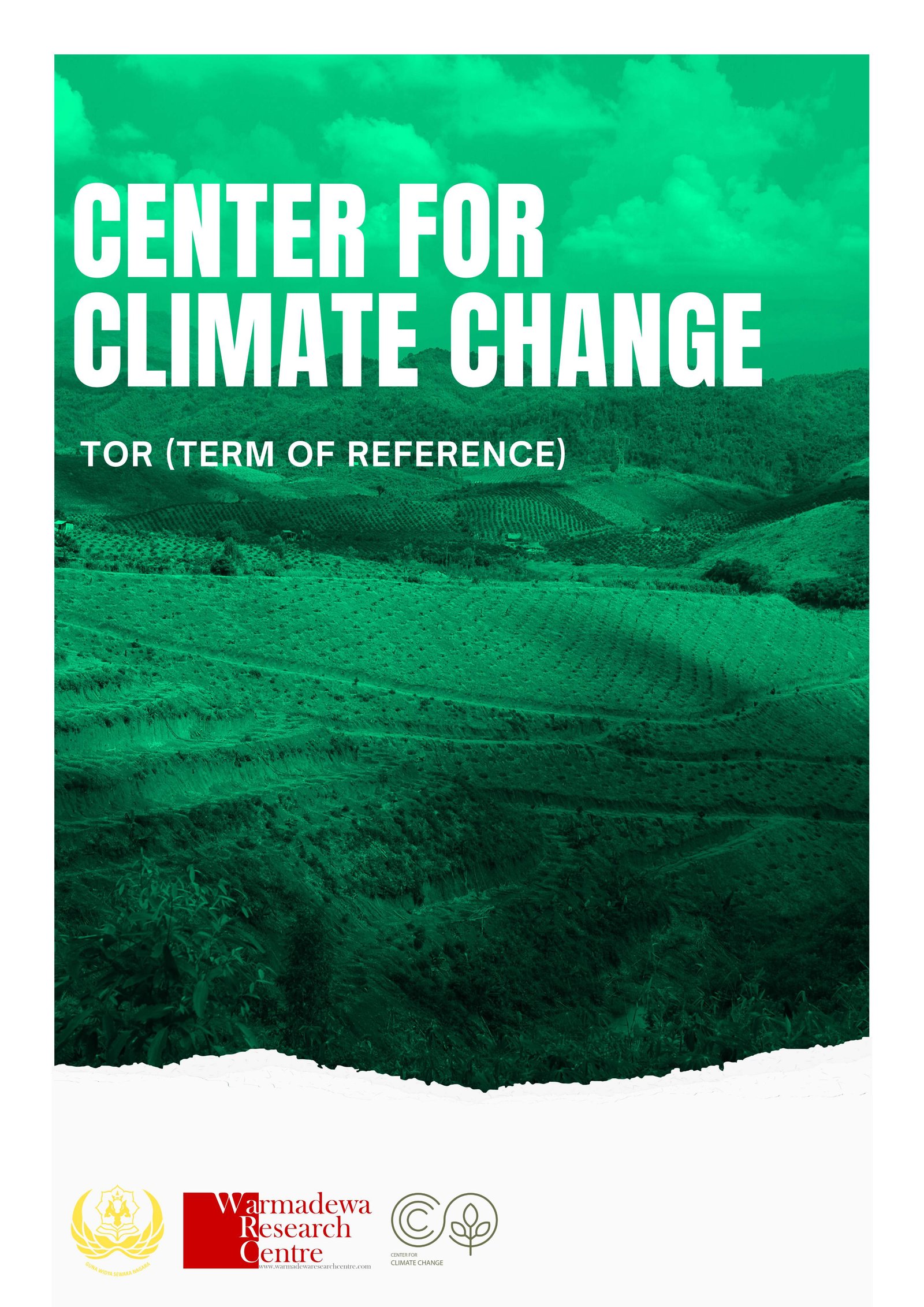Public Health & Zoonotic
Cluster Public Health and Zoonotic (Erly)
Apa yang dijadikan fokus :
Cluster of Public Health and Zoonotic recognizes the urgency of addressing the multifaceted challenges posed by the convergence of zoonotic diseases and climate change. Our research profile is distinguished by a holistic approach that integrates the impacts of environmental shifts into the broader context of public health. In addition to investigating the intricate relationships between human, animal, and environmental health, our cluster places a particular emphasis on understanding how climate change influences the emergence and spread of zoonotic diseases. This includes examining the effects of temperature fluctuations, altered precipitation patterns, and changing ecosystems on disease vectors and reservoirs. By incorporating climate change into our research agenda, we aim to develop adaptive strategies that not only safeguard public health but also promote environmental resilience. Through collaborative efforts with local communities, policymakers, and international partners, our center seeks to contribute innovative insights and evidence-based solutions that address the interconnected challenges of zoonotic diseases and climate change in the unique context of Indonesia.
Why is it the focus?
The emphasis on public health, zoonotic diseases, and climate change in Indonesia is driven by a confluence of factors that underscore its significance on a global scale. Indonesia's unique ecological landscape, characterized by high biodiversity and close interactions between humans and animals, heightens the risk of zoonotic disease transmission. This risk is further compounded by the country's diverse cultural practices, including traditional agriculture, wildlife consumption, and a thriving tourism industry, which create intricate pathways for disease spillover. Recognizing the global health threat posed by zoonotic diseases, especially in the context of a rapidly changing climate, is critical for safeguarding both local communities and the broader international population.
Climate change is increasingly manifesting in Indonesia through rising temperatures, altered precipitation patterns, and the occurrence of extreme weather events. These changes can disrupt ecosystems, affect the distribution of disease vectors, and influence the behavior of zoonotic reservoirs. In this context, understanding the complex interplay between environmental shifts and disease dynamics is crucial for developing effective prevention and control strategies. The socioeconomic consequences of zoonotic disease outbreaks, ranging from disruptions in agriculture and tourism to increased healthcare costs, highlight the need for comprehensive research that considers not only health implications but also broader economic and social factors.
The One Health approach, which integrates human, animal, and environmental health, forms the foundation of the research center's strategy. By adopting this interdisciplinary perspective, the center aims to foster collaboration between experts in public health, veterinary science, environmental science, and other relevant fields, contributing to the global understanding of zoonotic diseases and climate change. This collaborative effort seeks to unravel the complexities on a global scale, offering innovative insights and evidence-based solutions. The overarching goal is to contribute to the development of adaptive strategies that not only address immediate health concerns but also enhance the resilience of communities worldwide in the face of ongoing environmental changes. Ultimately, the research center endeavors to be a focal point for global knowledge, policy development, and international community engagement, working towards a sustainable and health-resilient future for Indonesia and the world.
The Novelty :
One novel aspect of the research conducted at the Indonesia (or global) Public Health, Zoonotic Diseases, and Climate Change lies in its integrated and predictive modeling approach. Utilizing cutting-edge technologies such as machine learning, geographic information systems (GIS), and advanced data analytics, the center aims to develop dynamic models that not only analyze historical data but also forecast potential disease outbreaks and climate-related health risks. This predictive modeling takes into account the intricate relationships between environmental factors, human behavior, and the dynamics of zoonotic pathogens. By leveraging real-time data collection, satellite imagery, and climate projections, the research center aims to provide timely and accurate predictions regarding the emergence and spread of zoonotic diseases under changing climate conditions.
This forward-looking approach enables the development of proactive and targeted public health interventions, allowing policymakers, healthcare professionals, and communities to implement preventive measures before outbreaks occur. By integrating predictive modeling into the One Health framework, the research center seeks to enhance the precision and efficacy of strategies aimed at mitigating the impact of zoonotic diseases and climate change on public health, not only in Indonesia but on a global scale.
Activity
To accomplish the research objectives, a series of actions will be undertaken of a one-year period, including:
- Bioinformatic training related to WGS analysis
- GIS training
- Networking with stakeholders including BMKG


